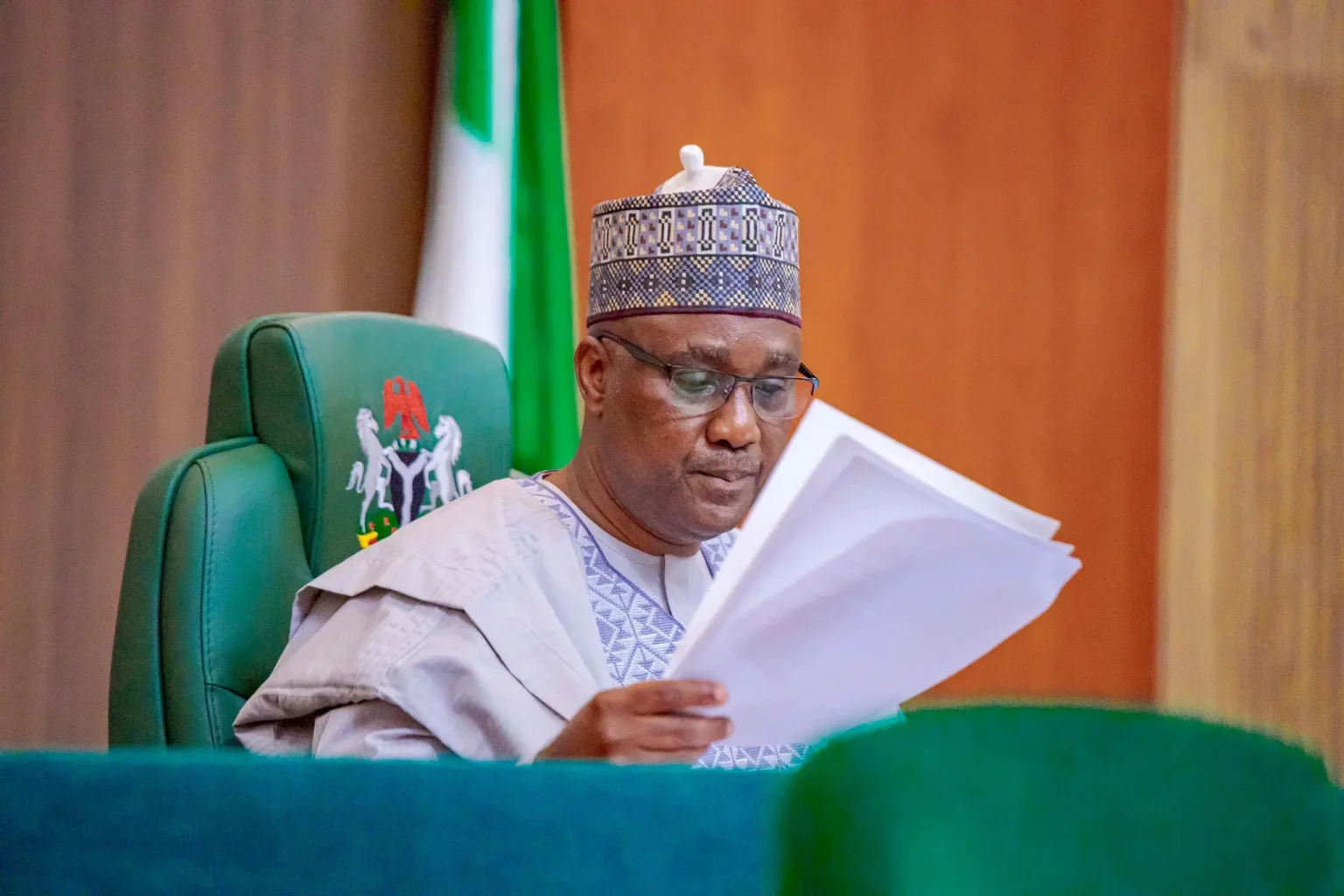House of Representatives Speaker Tajudeen Abbas has issued a strong call to fellow lawmakers, urging them to collaborate intensely to ensure that all amendments to the 2022 Electoral Act are finalized and enacted well in advance of the 2027 general elections.
Speaking to the assembly upon their return from their annual recess on Tuesday, Abbas emphasised the legislature’s fundamental duty to fix the problems observed in previous polls and thereby bolster the integrity and credibility of future electoral exercises.
“We absolutely must wrap up electoral reforms a considerable time before the 2027 general elections commence,” Abbas stated to his colleagues.
READ ALSO: Speaker Abbas: Tinubu committed to more transparent 2027 elections
He explained that the proposed amendments aim to fortify defenses against election violence, improve accessibility for persons with disabilities, clarify the timelines for resolving disputes, and, critically, reduce the vagueness and ambiguities that complicated the last national polls.
The speaker laid out the broad objectives of these changes: to decrease the amount of contestation and litigation surrounding elections, to potentially lower the overall cost by implementing single-day voting, and to make the process for party primaries more democratic and open.
He also highlighted the push for related constitutional changes, such as creating a dedicated Electoral Offences Commission.
“Our ultimate goal,” he declared, “is to produce a new Electoral Act that proves resilient and enduring.”
Abbas contextualized these legislative efforts by noting that the administration of President Bola Tinubu is actively pursuing reforms aimed at economic stability, enhancing security, and attracting foreign investment.
He stressed that these national goals require a parliament capable of executing rigorous oversight, crafting effective laws, and working constructively with the executive and judicial branches of government.
The Speaker also provided a positive assessment of the chamber’s work so far, suggesting that a midterm review indicates the 10th House is the most productive since the start of the current democratic era in 1999, based on its measurable legislative outputs and accomplishments.
He reported that the House has processed 2,263 bills, successfully passed 237, and seen 50 of them receive Presidential assent.
These passed laws cover vital sectors, including power sector reform, student loans, cybersecurity, tax policy, and regional development.
Abbas credited the timely passage of budgets and the successful alignment of policy outcomes to a constructive partnership with the Executive branch, affirming that this was achieved without sacrificing the legislature’s independence.
Abbas instructed members to give high priority to the pending constitutional amendments, noting that 87 proposals are ready for debate and voting.
These proposals address significant issues such as devolution of powers, autonomy for local governments, judicial overhaul, and socio-economic rights.
He emphasized the necessity of concluding the voting process and forwarding the approved amendments to the state assemblies before the political season begins in December.
He stressed that the legislative agenda must remain focused on economic recovery and the creation of jobs.
This will require measures that support Small and Medium Enterprises (SMEs), fully implement the Startup Act, establish vocational training hubs and technology parks, and promote renewable energy while improving the reliability of the power grid to stimulate growth and investment.
READ ALSO: Nigeria’s rising debt breaches legal limit, poses fiscal risk – Speaker Abbas
Abbas called for unity among all lawmakers, regardless of their political affiliation, and urged them to maintain an unwavering focus on achieving tangible results.
He reminded them that the Nigerian populace will evaluate the success of the assembly based on its ability to produce concrete outcomes that meaningfully improve their lives.



